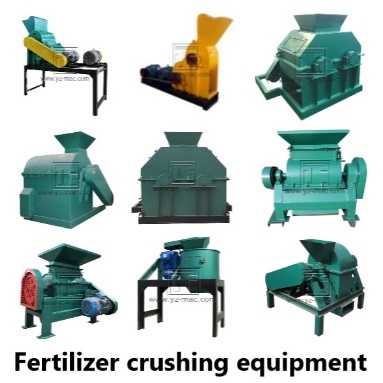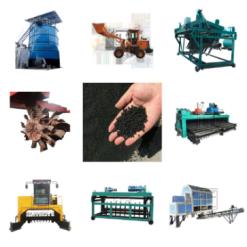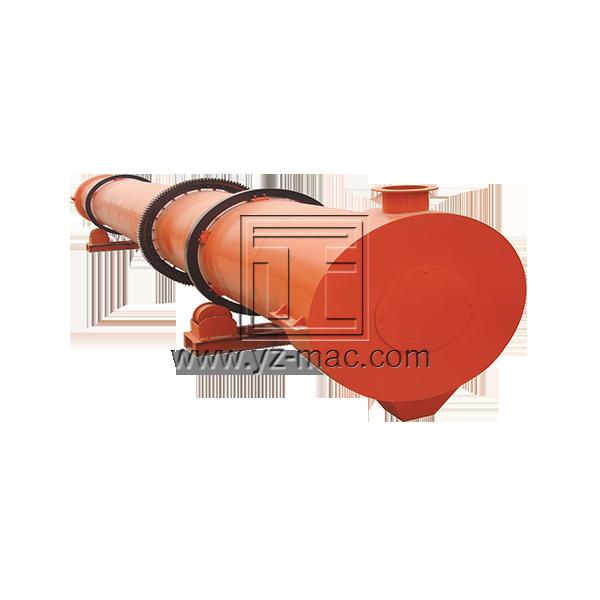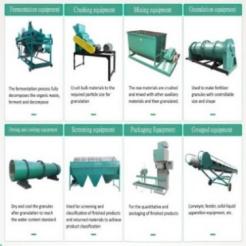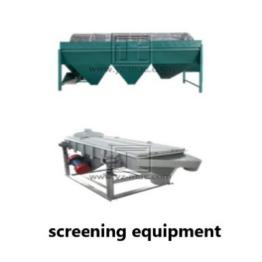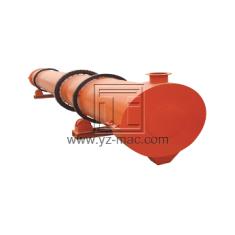Shredder for composting
A shredder for composting is an essential tool in the efficient management of organic waste. This specialized equipment is designed to break down organic materials into smaller fragments, promoting faster decomposition and enhancing the composting process.
Importance of a Shredder for Composting:
A shredder plays a crucial role in organic waste management and composting for several reasons:
Accelerated Decomposition: By shredding organic materials, the surface area available for microbial activity increases. This leads to faster decomposition as microorganisms can more easily access and break down the organic matter, resulting in the production of compost in a shorter time frame.
Enhanced Composting Efficiency: Shredded organic waste materials create a more homogeneous mixture, improving the balance of carbon and nitrogen within the compost pile. This optimal balance facilitates efficient decomposition and ensures the production of nutrient-rich compost.
Volume Reduction: Shredding organic waste reduces its volume, making it easier to handle, store, and transport. This volume reduction not only saves space but also aids in managing larger quantities of waste efficiently.
Weed and Pathogen Control: Shredding organic materials can help control weed growth and reduce the presence of pathogens. The shredding process destroys weed seeds and helps break down pathogens, minimizing the risk of weed infestation and the spread of diseases in the compost.
Functionalities of a Shredder for Composting:
A shredder designed for composting offers several functionalities to enhance the organic waste management process:
Shredding: The primary function of a compost shredder is to shred organic waste materials into smaller pieces. This process creates a more suitable environment for microorganisms to break down the materials efficiently and promotes faster composting.
Mulching: Some shredders also offer the functionality of producing mulch. The shredded organic materials can be used as a protective layer around plants, preventing weed growth, conserving moisture, and improving soil health.
Chipping: Certain shredders are equipped with chipping capabilities, allowing the processing of larger organic waste materials such as branches and tree trunks. Chipped materials can be used for various applications, such as pathways, garden bed borders, or biomass fuel.
Benefits of Using a Shredder for Composting:
Time Efficiency: Shredding organic waste materials accelerates the composting process, reducing the time required to produce compost. This benefit is particularly valuable for large-scale composting operations.
Improved Compost Quality: The shredded organic materials result in a more uniform and well-mixed compost, with optimal carbon-to-nitrogen ratios. This leads to high-quality compost that is rich in nutrients and beneficial microorganisms.
Waste Diversion: Shredding organic waste for composting contributes to waste diversion from landfills. By recycling organic materials into compost, the shredder helps reduce environmental impact and supports sustainable waste management practices.
Versatile Applications: A shredder for composting has versatile applications, ranging from small-scale backyard composting to commercial composting facilities. It can be used in various sectors, including agriculture, landscaping, horticulture, and municipal waste management.
A shredder for composting plays a vital role in streamlining organic waste management and improving the efficiency of the composting process. By shredding organic materials, this equipment accelerates decomposition, enhances composting efficiency, reduces waste volume, and contributes to weed and pathogen control. Incorporating a shredder into your organic waste management practices will help create nutrient-rich compost and support sustainable waste reduction efforts.


